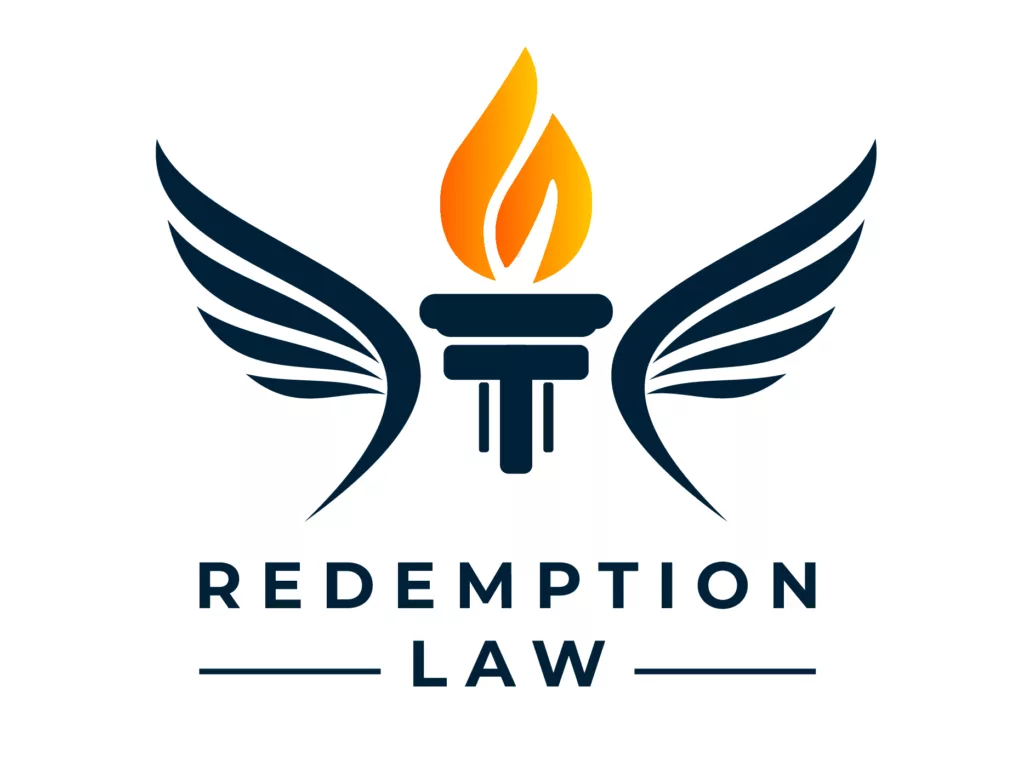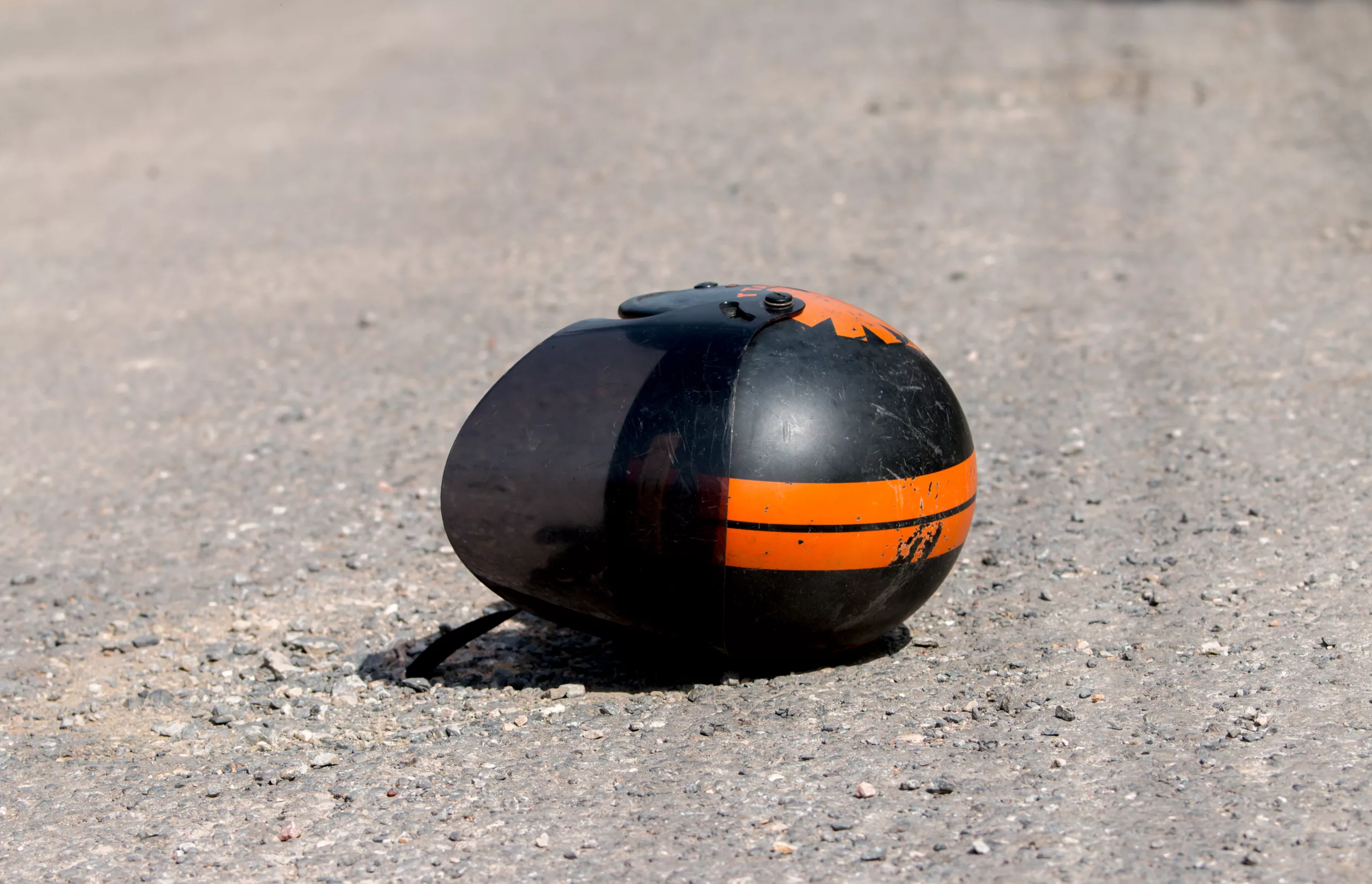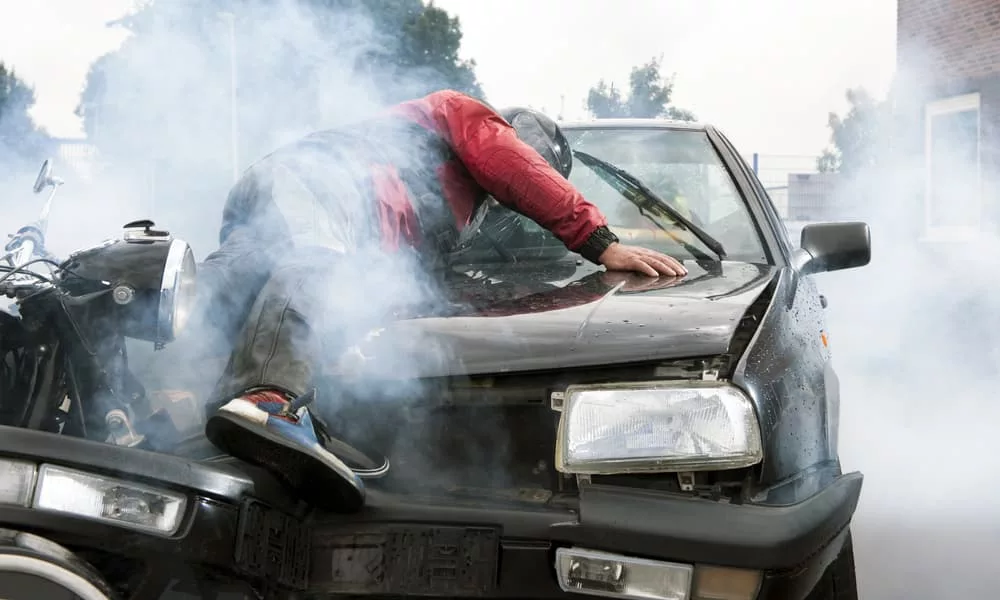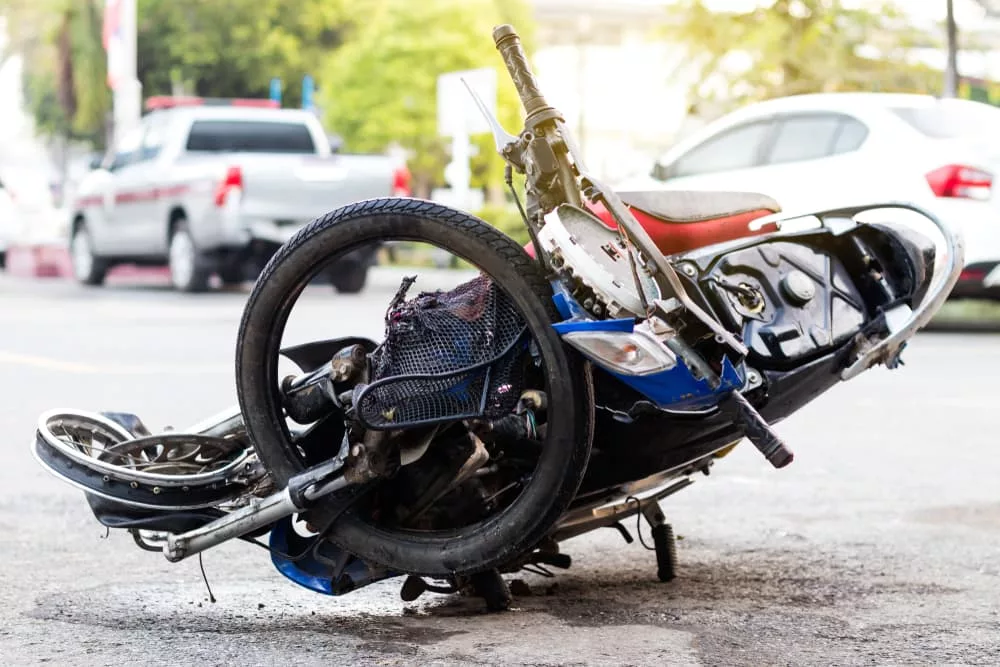According to a recent study by the National Highway Traffic Safety Administration, poor traffic strategies on the part of other motorists account for about half of all multi-vehicle motorcycle accidents. Far too many motorcyclists suffer injuries because other road users behave carelessly, recklessly, or inattentively. In many cases, these negligent parties are liable for the medical bills, lost earnings, and other losses they cause the motorcyclists they injured. Reach out to a Miami motorcycle accident lawyer.
Most Common Causes of Motorcycle Collisions
Many motorcycle accidents happen because other road users do not practice defensive driving techniques, exercise due caution, or obey the rules of the road.
This can lead to motorcycle accidents caused by:
- Failing to yield the right of way. Yielding the right of way means deferring to another road user. Many circumstances require motorists to yield to others, such as at traffic signals, when merging onto roads, and when making turns. A driver who does not yield the right of way to a motorcyclist when required to do so risks colliding with them.
- Distracted driving. When drivers are on their phones or messing with the radio, they focus less on the road and their surroundings. Distracted driving can lead drivers to overlook motorcycles or fail to react reasonably, causing a collision.
- Following too closely. Motorists must leave sufficient space between their vehicle and the one in front of them to avoid colliding with that vehicle if it stops suddenly. Following a motorcycle too closely is especially dangerous because motorcycles can stop faster than larger vehicles.
- Failing to use a turn signal. Drivers must use turn signals when changing lanes, turning, or merging. Other road users cannot anticipate their actions and react accordingly if they do not.
- Speeding. Failing to follow speed limits is one of the most common causes of collisions. Speeding can also mean driving faster than reasonable for current road conditions. Because force increases with speed, a vehicle causes more damage the faster it travels at the time of impact.
The National Highway Traffic Safety Administration (NHTSA) conducted the most in-depth research project into the causes, demographics, and potential countermeasure options for motorcycle accidents in the U.S. in more than three decades. Researchers collected data on thousands of accidents taken from state departments of transportation in Iowa, New Mexico, New York, Ohio, Oklahoma, Texas, and Wisconsin.
According to the study’s findings, 50 percent of multi-vehicle motorcycle accidents resulted from poor traffic strategies on the part of other motorists. In other words, other drivers are likely at fault for about half of all motorcycle accidents involving at least one other vehicle.
Crucially, motorcyclists are at heightened risk of serious injury in an accident. NHTSA also estimates that motorcyclists are four times likelier to suffer injuries and 28 times likelier to die in a collision than passenger vehicle occupants.
How Is Fault Determined in a Motorcycle Collision?
Determining who is at fault for a motorcycle crash can prove crucial to securing compensation. Lawyers, insurance adjusters, and courts will review various forms of evidence to determine what took place and who caused it to happen.
Depending on the specific accident, this evidence might include:
- Police report. Police at the scene of a collision should file an accident report containing critical information, including a description of the scene, witness statements, and an initial determination of fault.
- Eyewitness statements. Eyewitnesses can provide valuable, objective information about what caused the collision. As a result, their statements can help confirm or refute the fault finding and provide more information about the crash.
- Video footage. Footage taken from nearby traffic or security cameras or captured by dashboard- or helmet-mounted cameras can provide valuable, inherently objective context on the accident as it occurred.
- Accident reconstruction. Reconstructing a collision involves consulting with an expert who uses evidence like the types above to determine the speed and direction of the cars when the collision occurred. The reconstructionist may analyze skid marks, medical reports, vehicle damage, and more to come to their conclusion.
How Does No-Fault Insurance Affect Motorcycle Accident Claims?
Florida is one of a dozen states that follows a no-fault auto insurance model, meaning drivers must file an insurance claim with their own policy, regardless of fault. Florida also limits when a motorist can file a third-party insurance claim against another driver’s liability policy.
To file a claim with the other driver’s insurance, injured parties must usually show:
- That their medical expenses exceed their personal injury protection coverage, which Florida requires all operators of vehicles registered in the state to carry, or
- That they were seriously injured means that the collision caused a permanent loss of bodily function, permanent impairment, or significant and permanent disfigurement.
However, these limitations do not apply to motorcyclists, whom PIP insurance does not cover. If someone’s wrongdoing caused your injuries in a motorcycle crash, you could file an insurance claim or lawsuit against them without going through your own PIP insurance first.
What to Do Following a Motorcycle Crash
A sudden, traumatic motorcycle accident is an overwhelming experience. Knowing what to do in its aftermath can help you protect your health and your rights to compensation. If possible, you should take the following steps:
Seek Medical Attention
If you haven’t already sought medical attention, you should as soon as possible. Not all injuries are immediately apparent, and failing to have a doctor examine you can lead to more severe issues. In addition, seeking medical attention can help document your injuries for insurance purposes. Then the insurance company can’t reduce your claim by claiming you caused your injuries to worsen by not addressing them in time.
Follow Doctor’s Instructions
Your doctor should give you directions concerning how to speed up your recovery process. You must follow your doctor’s instructions to increase your chances of a positive prognosis and a successful claim. If you fail to follow your doctor’s directions, the other party can use it against you to reduce your recoverable compensation.
Document Your Treatment
Keep detailed records of your injuries and treatment plan because it can help you establish the expenses you’ve incurred and will reasonably incur in the future.
Notify the Insurance Company
If someone injured you in a collision, notify your own insurance provider as well as the at-fault driver’s. Every insurance company has a different process and deadline for filing an insurance claim. Failing to notify insurance within their required timeframe can lead to an automatic denial, so it is essential to do so immediately after the collision.
Consult an Attorney
You should consult a respected personal injury attorney with experience handling motorcycle accident claims. These cases are complex, and having a seasoned attorney fighting for your rights can make a substantial difference in the outcome of your case.
Don’t Sign Anything Without Reviewing It First
You should never put anything in writing without consulting an attorney. For example, insurance companies may pressure you into signing a settlement offer that is not in your favor. Having an attorney review their offers can keep you from giving up your rights and preventing you from getting a fair deal.
Keep a Journal
Maintaining a journal can help you document your emotions, pain levels, and how your injuries affect your daily life. This information can provide valuable evidence for establishing the extent of your injuries. It is also excellent support for a pain and suffering compensation claim.
Stay Organized
Keeping detailed records of everything related to the motorcycle crash and your collision-related injuries can make a significant difference in your case. These records should include police reports, medical records, and any bills you’ve received. In addition, staying organized can make your claim process easier because you know where everything is when an insurance company requests something.
Avoid Posting on Social Media
You should refrain from discussing anything about the accident or your injuries online. Anything you post on your social media accounts during your claim process could affect the compensation you receive. Insurance companies want to find anything they can use to reduce the value of your claim. To this end, they will monitor your social media feeds, looking for statements contradicting your official claims or photos suggesting you are not as injured as you said.
Filing a Third-Party Insurance Claim in Florida
A third-party insurance claim is a claim filed against another party’s insurance policy. Filing a third-party insurance claim can be complex and stressful because of all the moving parts. Instead of handling it yourself, turn to an experienced attorney for help.
They can:
- Gather evidence. One of the first steps of filing a third-party insurance claim is collecting all relevant information about the collision and your injuries. This information may include the crash’s date, time, and location. It should also include information about all parties involved in the collision. Your lawyer can review the police report and use the information to locate witnesses to interview, find cameras that may have captured the crash, and start working with a reconstruction expert to build a strong case on your behalf.
- Contact the insurance companies. Once your attorney has gathered all necessary information, they can file a demand letter with the at-fault driver’s insurance provider. They can also handle communication with your own insurer if relevant.
- Provide documentation. The insurers may request documentation supporting your claim. This documentation may include medical bills, repair estimates, and paystubs. If you do not have some of this information, don’t worry. Your lawyer should know where to find it and how to preserve it.
- Negotiating your settlement agreement. Once the insurance company has reviewed your claim, they will either accept or deny your claim or provide a counteroffer to your demand for compensation. Your attorney can start negotiating a fair settlement. If the insurer denies your claim, your attorney can prepare to take your case to court.
- Taking your case to trial. Trials are complex ordeals with many steps, including discovery, choosing a jury, examining and cross-examining witnesses, and delivering a closing argument. With a lawyer handling this on your behalf, you won’t have to worry about anything except following their instructions.
The process of seeking compensation through a third-party insurance claim can get confusing and overwhelming. An attorney focusing on your claim will allow you to concentrate on your recovery and reduce your stress levels.
Recoverable Compensation in a Motorcycle Crash Claim
If another person caused a motorcycle accident that injured you, they could owe you compensation for your losses.
The specific compensation you can seek depends on your case, but may include money for:
- Medical expenses. Medical costs usually comprise a substantial amount of your settlement. These expenses include past and future doctor visits, physical therapy, surgery, medication, or ongoing treatment.
- Lost earnings. If you cannot work because of your collision-related injury, you can seek compensation to cover your lost earnings. Therefore, keep track of how many days of work you missed because of your injuries.
- Reduced earning. If you can work but cannot make the same amount of money as before the collision, you can seek compensation for the difference between your pre- and post-injury earnings.
- Modifications. If your injuries require changes to your car or home for you to live comfortably or independently, you can seek money for the cost of those modifications. Examples of modifications include wheelchair ramps, widening doorways, modified bathrooms, or accessible vehicles.
- Pain and suffering. Motorcycle collisions can cause severe injuries resulting in physical and emotional harm. You deserve compensation for the psychological injuries you suffered.
In Florida, you can also seek punitive damages if the at-fault party acted intentionally or was grossly negligent when causing the collision. Not all motorcycle collisions result in a punitive damage award, and Florida limits it to three times your compensatory damages.
A Lawyer Can Help You Seek Justice

If a negligent driver caused a motorcycle accident that injured you, a lawyer is a critical ally as you pursue compensation and justice. Get in touch with an experienced Miami personal injury lawyer today to find out what they can do for you.
Related articles
Related articles Related articles Related articles Related articles Related articles Related articles Related articles Related articles Related articles Related articles
Motorcycle
16 Apr 2024
What Happens if a Road Hazard Causes My Motorcycle Accident?

Motorcycle
04 Oct 2023
What Is the Average Payout for a Motorcycle Accident?





